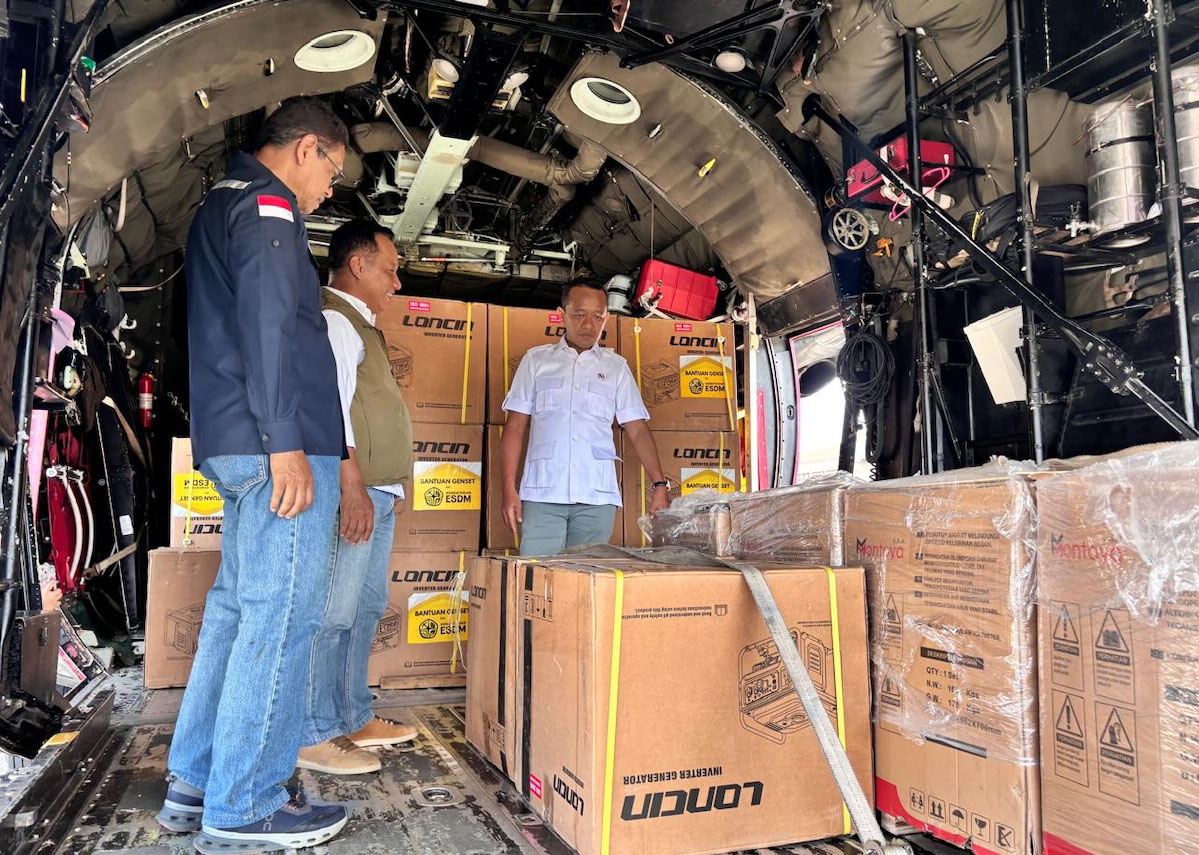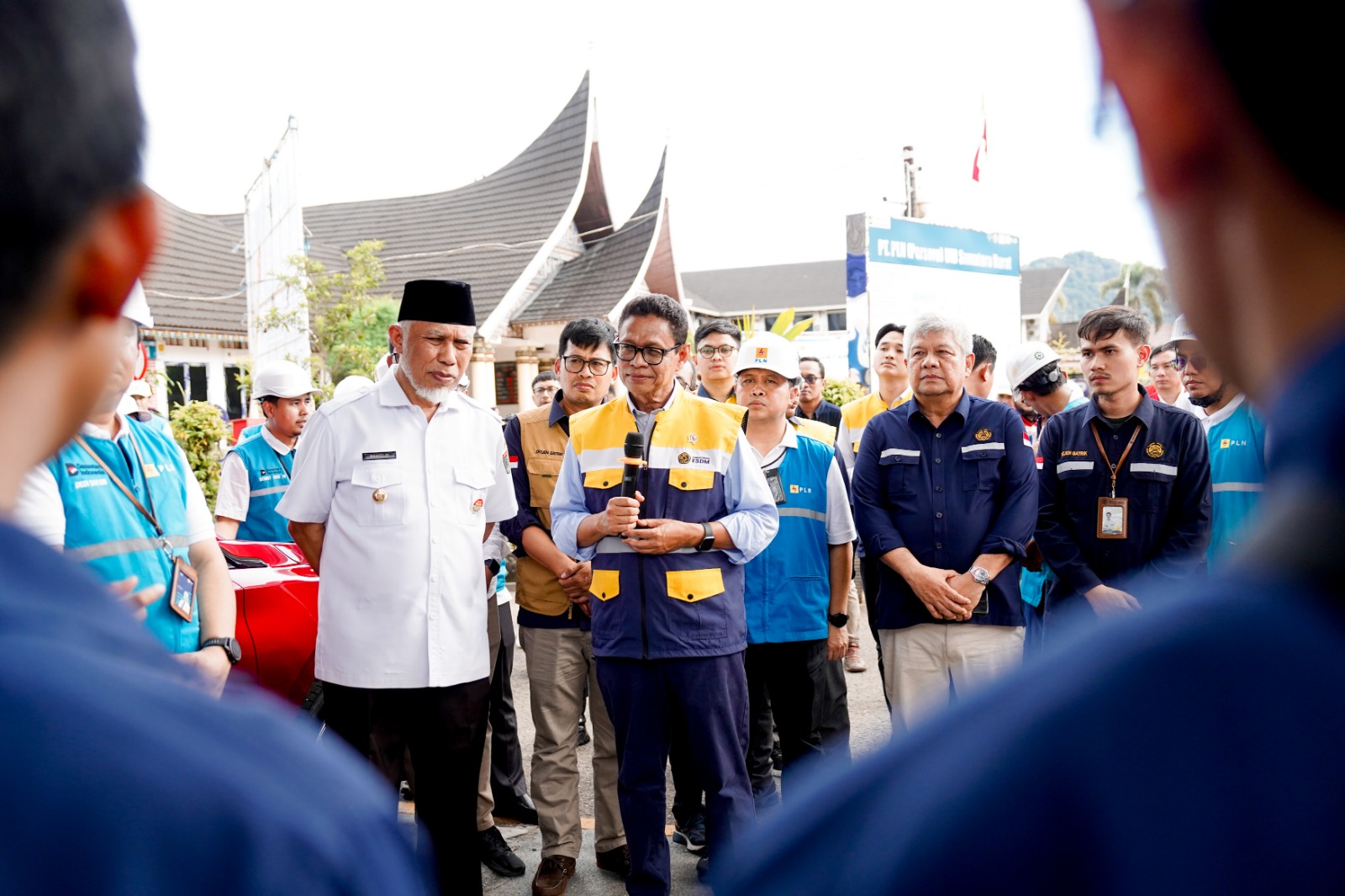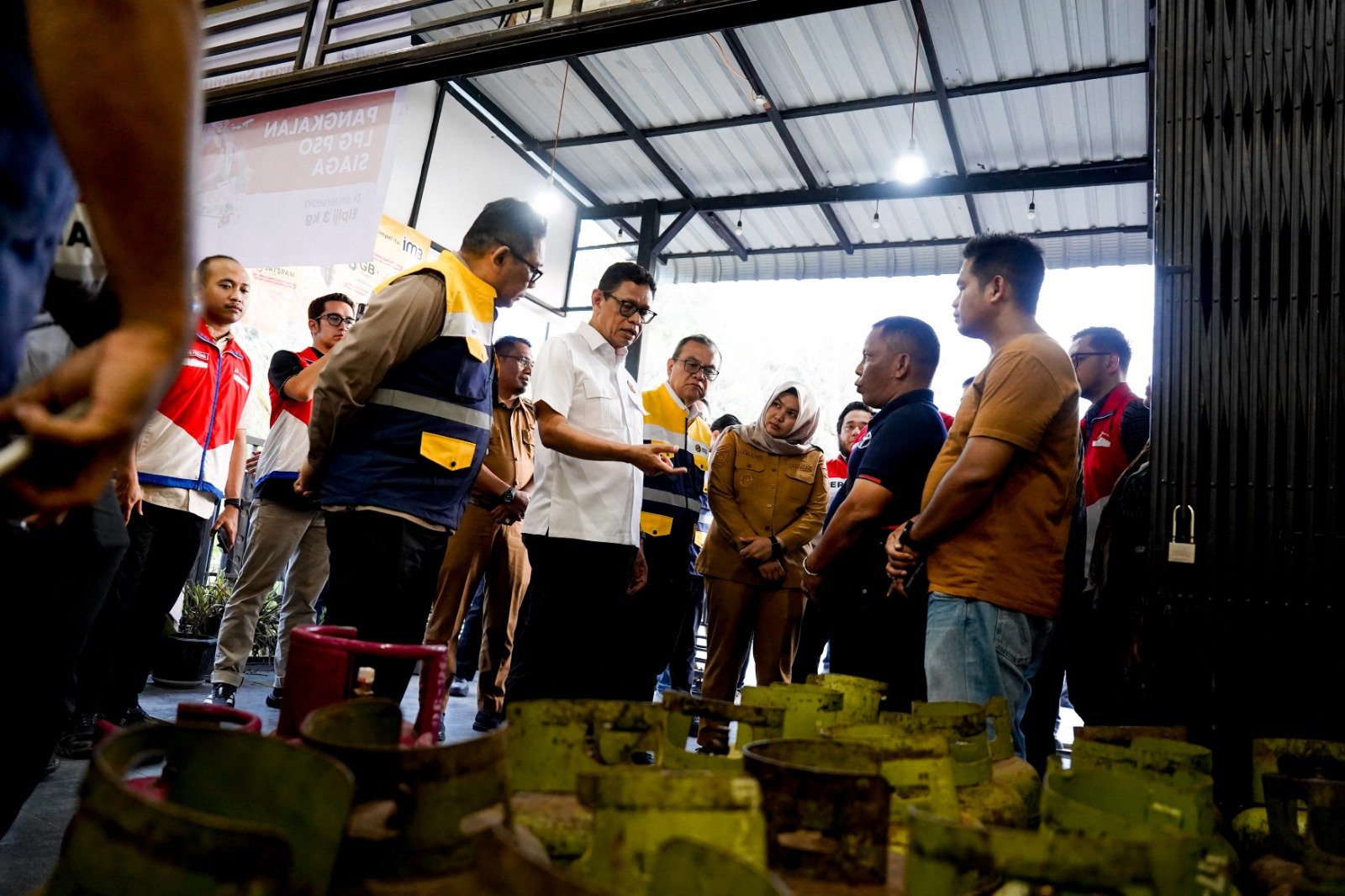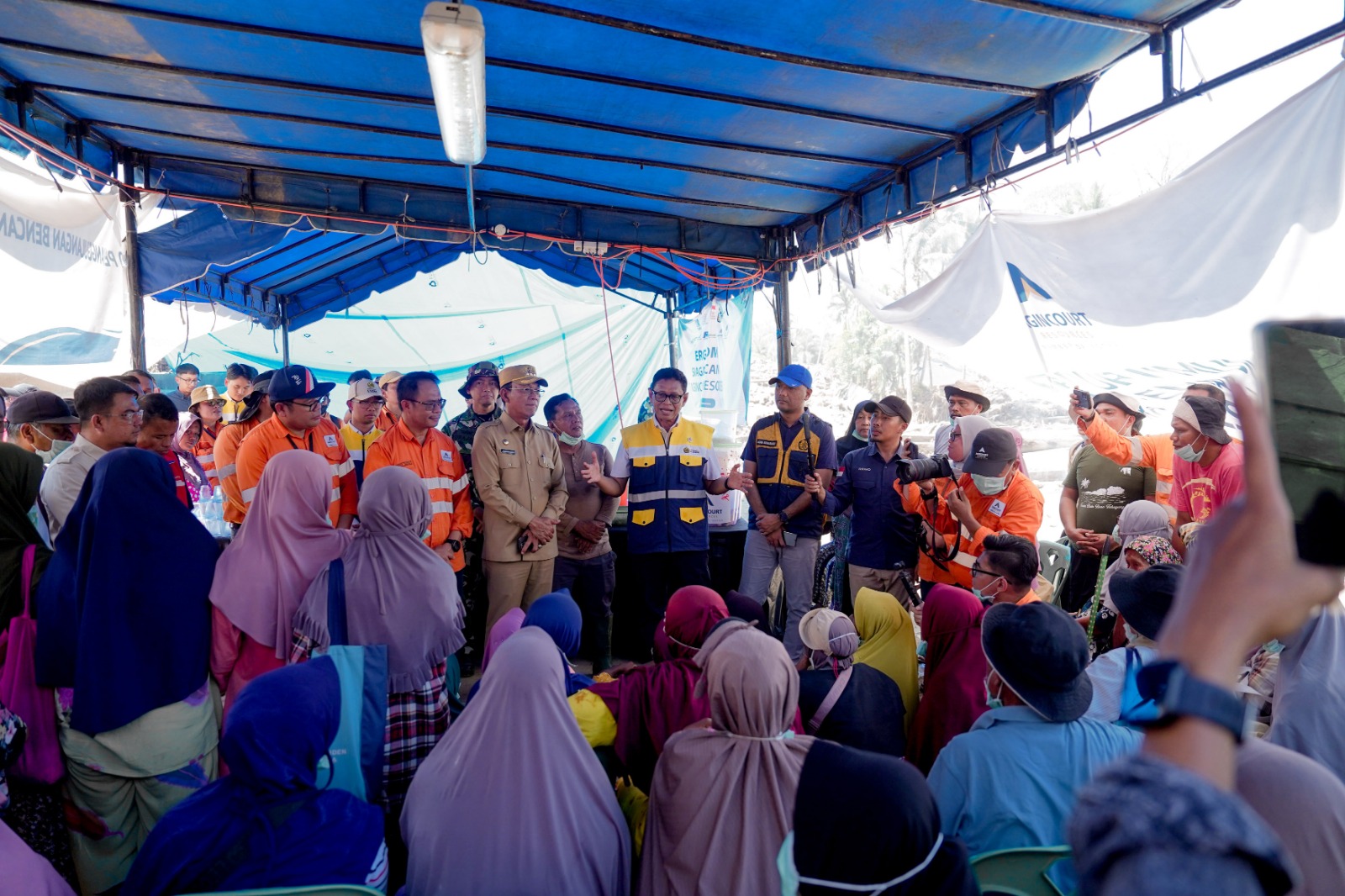Energy Transition should be Based on Country’s Needs, Says Energy Minister in ASEAN Forum
MINISTRY OF ENERGY AND MINERAL RESOURCES
REPUBLIC OF INDONESIA
PRESS RELEASE
NUMBER: 381.Pers/04/SJI/2021
Date: 26 October 2021
Energy Transition should be Based on Country's Needs, Says Energy Minister in ASEAN Forum
The transition to clean energy should be planned according to the needs of each country. Because we have common interests and goals to fight climate change, we need to make important changes in economic and energy security policies in regions such as ASEAN, Minister of Energy and Mineral Resources (EMR), Arifin Tasrif, has said during the Asia Clean Energy Summit (ACES) 2021 in Singapore on Tuesday (26/10).
Arifin went on to say that the use of new and renewable energy (NRE) as a way to carry out energy transition had to take into account domestic economic conditions, market competitiveness, and industry capacity. "We must maximize our own local potential to ensure that the development of NRE is in line with economic conditions and future challenges," explained Arifin.
As the region with the fastest economic growth, continued Arifin, the demand for electricity in ASEAN has increased by 6 percent annually in the last twenty years, as shown in the International Energy Agency (IEA) Electricity Market report of December 2020. "Energy demand (of ASEAN) will increase in line with economic growth as a result of improving conditions after the pandemic," Arifin said.
The ASEAN has a regional target for 23% of NRE share in Total Primary Energy Supply (TPES) by 2025. Since 2019, most new power plants are powered by hydro energy and solar PV. Even so, Arifin underscored the use of fossil energy as support. "The ASEAN region, in some respects, still relies on coal as an energy source which accounts for 31.4% of installed power capacity in 2020. We must consider this situation carefully when setting our path to carbon neutrality," Arifin added.
Arifin then explained the energy policies designed by the Indonesian government to accelerate the energy transition process and carbon neutrality in 2060. The policies include massive development of NRE (including solar PV, wind, biomass, geothermal as well as Battery Energy Storage System (BESS), development of transmission interconnections and smart grids, development of electric vehicles, and reduction in the use of fossil energy resources.
"The principles of Availability, Accessibility, Affordability, Acceptability, Sustainability, and Competitiveness must be considered in (carrying out) the energy transition process. Solar energy can meet these principles even though the intermittency issue is a challenge. Moreover, based on IRENA data, the cost of generating electricity from solar power system had decreased by 82% during 2010-2019," Arifin explained.
Optimizing ETM Program
As part of developing clean energy, the Indonesian government also supports the Energy Transition Mechanism (ETM) program. This program is a mechanism to accelerate the development of renewable energy by phasing out the operations of coal-fired power plant (early retirement).
"ETM is an initiative of the Asian Development Bank (ADB), and it has received support from various parties, including the World Bank, the United States, and the United Kingdom. Feasibility studies are being carried out in the Philippines, Vietnam, and Indonesia," said Arifin.
In the pilot project, each country will establish an ETM facility and accelerate the purchase of coal-fired power plants to accelerate power plant retirement. The ETM has great potential as a financial mechanism for carbon reduction programs. "Prospective investors (of ETM) will come from multilateral banks, domestic and international private sector institutions as well as long-term investors at low cost of funds," said Arifin.
In addition to the ETM program, there are three strategies prepared by the Indonesian government in the energy transition. First, the energy transition must be adapted to the capacity and circumstances of each country. Second, innovative low emission technologies such as CCS/CCUS technology can be applied to existing fossil power plants to accelerate emission reductions while shifting to cleaner and greener energy. Finally, cooperation with ASEAN countries in developing interconnected energy transition paths should be encouraged.
"This acceleration (of energy transition) is critical to ensuring more open access to clean technologies, innovative financing mechanisms, a better regulatory framework to create a more attractive investment climate, and the development of integrated energy infrastructure such as super grid and smart grid transmission to ensure the stability and reliability of electrical systems," Arifin concluded. (IY)
Head of Bureau of Communication, Public Information Services, and Cooperation
Agung
Pribadi (08112213555)
Share This!






